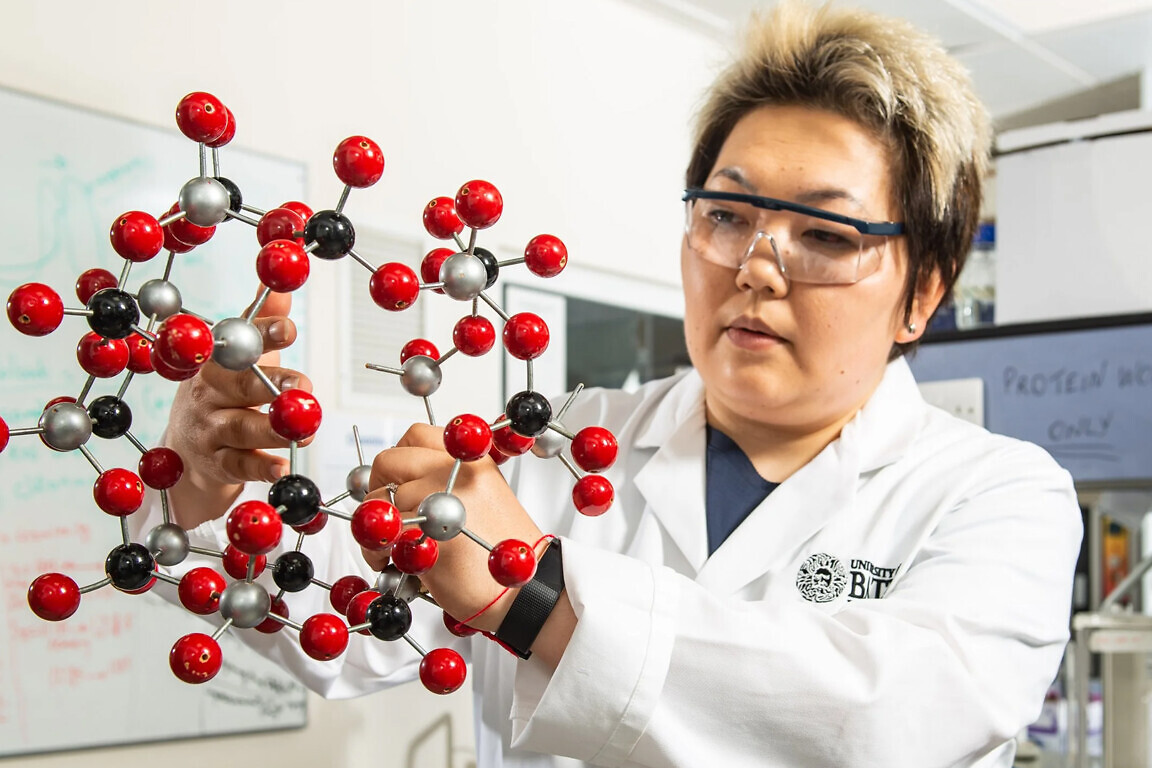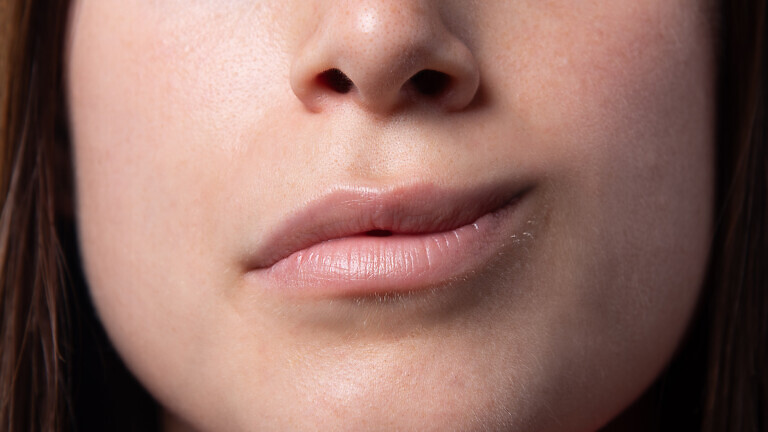The Bristol-based biotech firm’s technology uses silica to reduce wastage and cost in transporting biopharmaceuticals.
Bristol-based biotech firm EnsiliTech has raised £4.5 million in its second oversubscribed round of seed funding. The round was led by Eos Advisory and followed on by Calculus Capital with participation from Empirical Ventures, Fink Family Office, QantX, Angel Investors Bristol (AIB), HERmesa, Penn Park Capital, chANGELS, and other individual angel investors.
Funds raised will be used to accelerate proof-of-concept uptake for existing and novel biopharmaceuticals by increasing throughput with new hires and enhanced infrastructure capabilities. It will also support the generation of key validation data required to integrate Ensilication into pharmaceutical manufacturing workflows.
“Our mission is to ensure that life-saving medicines and vaccines reach everyone, everywhere, regardless of infrastructure or geography,” said co-founder and chief executive Asel Sartbaeva.
“By eliminating the need for refrigeration, our technology significantly reduces supply-chain costs and drug waste, while also lowering the environmental impact of pharmaceutical distribution,” she said.
Eliminating waste
At the moment, biopharmaceuticals rely on a 50-year-old global cold chain system. This is a costly and energy-intensive system for refrigeration and freezing during transit and storage. Cold chain failures are reported to cost the pharmaceutical industry an estimated £26 billion annually, while in developing economies, the World Health Organization (WHO) estimates that up to 50% of vaccines are wasted due to cold chain breakdowns, leaving millions without access to vital treatments.
EnsiliTech’s technology preserves the integrity of vaccines, antibodies, and other biopharmaceuticals. It eliminates the need for a cold chain, which allows medicines to be stored and transported at temperatures up to 50°C. Medicines can be transported anywhere across the globe, particularly to underserved regions where access to reliable refrigeration can be a barrier to healthcare.
The technology uses silica to create an individual, tailored protective coat around the active ingredient. These cages keep the biological material intact, meaning its properties won’t change regardless of variations in outside temperature or humidity.
“Reducing wastage, reducing cost and vastly improving health outcomes across the globe, this kind of science and this scale of potential sits at the core of our investment thesis at Eos,” said Eos director of portfolio Anne Muir.



